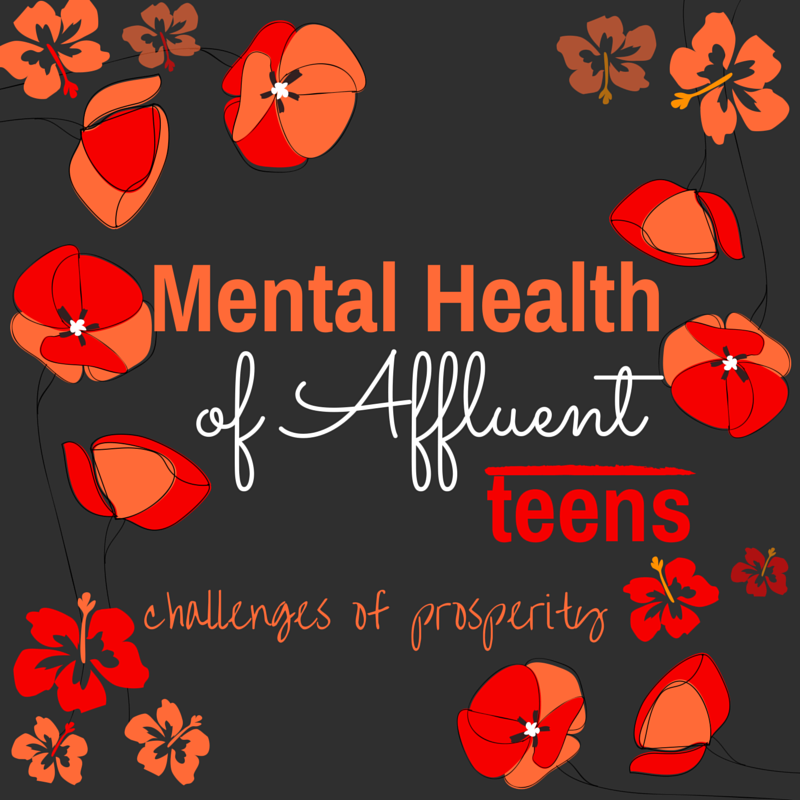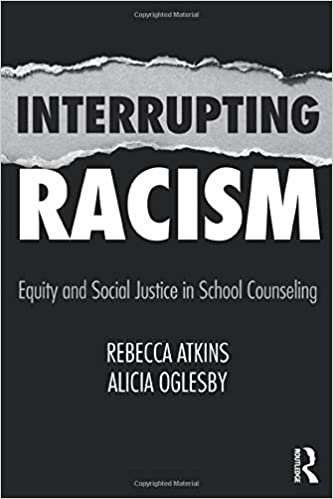While it may seem like the lives of affluent families (those with incomes ranging from general upper middle-class to just below the hyper-wealthy 1%) are cozy, calm and easy, teens with families who have few financial problems have their own unique set of challenges. Cheryl Rampage outlines the challenges upper-class teens face in The Challenge of Prosperity: Affluence and Psychological Distress Among Adolescents. Readers will be surprised at how the seemingly cushy lifestyle of rich adolescents can be rife with emotional disconnect, the pressure to succeed, and the subsequent risk factors of leading such lives.
According to Dr. Rampage, there are two clear risk factors that are directly related to affluence: achievement pressures and isolation from parents. These risk factors directly contribute to the startling statistics regarding the dangers of emotional isolation: 25-30 percent more affluent boys and girls suffer from anxiety compared to other teens. They are more likely to use alcohol and more likely to abuse alcohol and other substances.
Dr. Rampage addresses why both isolation and achievement pressures put adolescents into dangerous situations. It is common for affluent parents to impose high standards upon their children, expecting them to excel academically, socially, and athletically. Rampage writes that if this push “comes from inside the child, from passion and engagement, it can lead to achievement and satisfaction.” But if the push comes from outside of the self (i.e., from parents or other family members), it can have the exact opposite effect on children, diminish their motivation, and increase anxiety.
Interestingly enough, it seems that the main issue is not the existence of high standards, but the fact that parents with lofty expectations of their children enforce the idea that “love is conditional on achievement,” says Dr. Rampage. This is a destructive value to instill in the mind of an adolescent—that they are only worthy of love if they are successful. Parents who obsess over superiority don’t just stress their children out—many of them suffer from self-confidence issues, with 25 percent of boys and 15 percent of girls reporting that they are “under-achievers” (Kindlon, 2001).
The other risk factor, isolation from parents, can be both emotional and physical. Physical isolation can occur in upper class families simply because more money usually means bigger houses, thereby separating the families by square footage. If parents are harsh and judgmental when faced with their children’s inner experiences, their children will start to edit their daily discourse, saying things they know their parents want to hear to avoid conflict.
Dr. Rampage notes that proximity to parents plays a major role in a healthy adolescence. Girls with a good relationship with their mothers made them less likely to be depressed, and a close relationship with fathers lessened their propensity to try drugs. Boys with close relationships to both parents have reduced depression symptoms. The studies cited by Dr. Rampage also mention that parental figures who might attempt to pick up the slack of a teen’s parents cannot incite the same effect as birth parents, and that a child with a good relationship with only one parent still suffers “the consequences of being distant from another.”
Dr. Rampage says that “closeness to [a] parent is inversely correlated to affluence,” so families with less cushy living arrangements and careers often have better relationships with their children—either because they don’t work such long hours or because affluent children tend to be involved in numerous extracurricular activities.
There are many risk factors directly related to affluence and upper-class adolescent development. Parents can avoid harming a child’s emotional growth by providing a concise structure for children, allotting them responsibility that directly correlates with their age and abilities communicating that their love comes without qualification and is a constant. While many people may scoff at the idea of wealthy children struggling, there are many kids who suffer mentally and emotionally because of their socioeconomic status. The goal is to minimize these cases by providing parents with the tools necessary to foster growth and forge healthy relationships.
Thanks so much to Declan Habeck at Northwestern for your guest post. If you're interested in guest posting, please let me know! I'd love to have you :)









